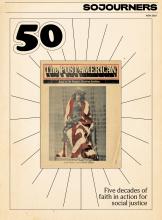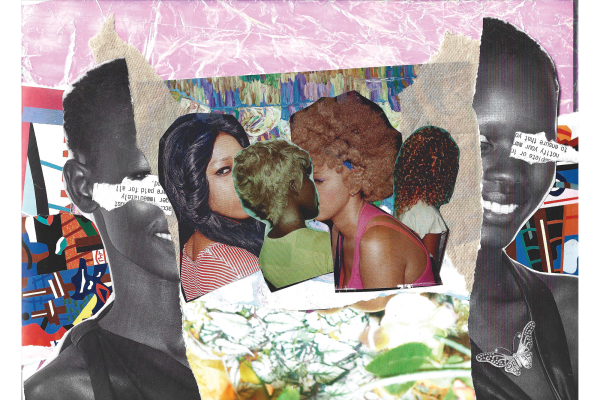THE BIBLE IS about scrappy people. We read about communities that pass along wisdom, from one generation to the next, on how to survive (despite the violence that threatens their existence) and on faith in God, which keeps their hope alive. We worship the God of Exodus who leads people out of oppression. I believe in God’s ongoing work of liberation. However, the Exodus shouldn’t be the only lens through which we discern God’s action in our world. When the version of liberation found in Exodus becomes our central frame to recognize the characteristics of God’s presence, we occlude from our vision the Spirit’s prosaic and laborious provisions of survival.
In her landmark Sisters in the Wilderness: The Challenge of Womanist God-Talk, theologian Delores S. Williams turns our attention to the witness of Black women who create communities of survival. She writes about the “art of care” and the “art of connection” as survival strategies of Black women. Her guide is Hagar, a biblical character who struggles to piece together life in the wilderness after Abram and Sarai—with God’s sanction—banish her from their household. “We can speak of Hagar and many African American women as sisters in the wilderness struggling for life,” Williams explains, “and by the help of their God coming to terms with situations that have destructive potential.”
Our scriptures this month don’t imagine spectacular visions of liberation. Instead, they invite us to live out our hope within the wilderness—with Williams and Hagar—as we become people of refuge. We pass along God’s grace in our arts of survival and mutual care.
Read the Full Article

